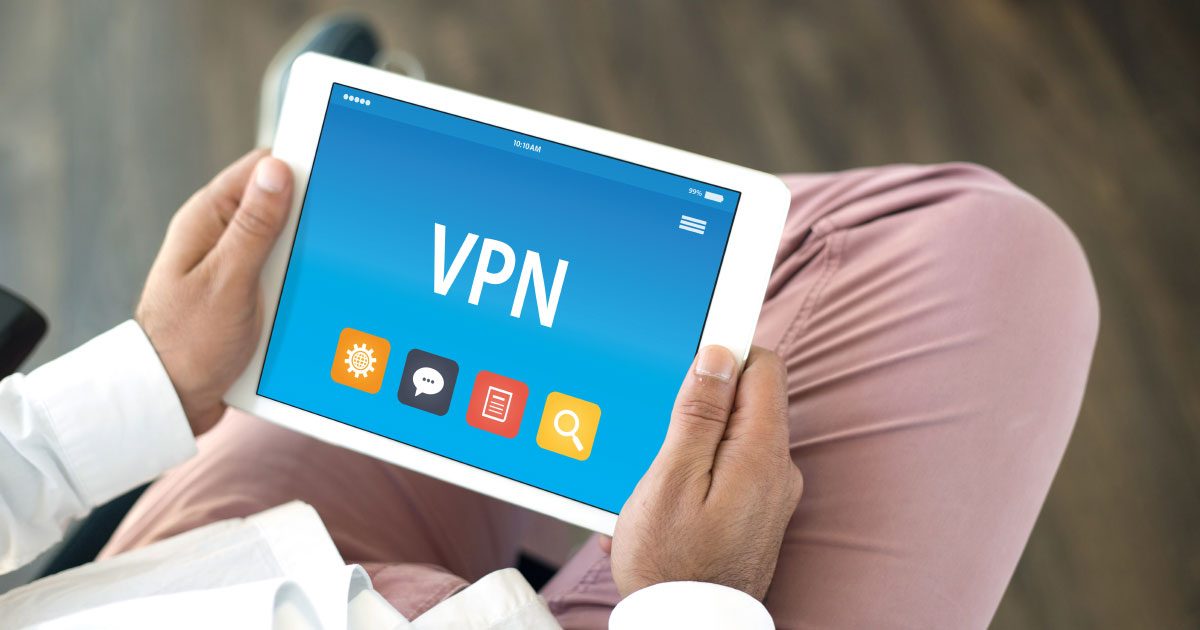How to Make Your VPN Connection More Secure: A Beginners Guide

VPN services are used to make your internet connection more secure. But this doesn’t mean VPN connections cannot be decrypted. If the people spying on you have all the right resources, they can easily crack the code and read the data you’re sending.
This can beat the whole purpose of using a VPN. But don’t worry, there are ways in which you can make your connection more secure.
Here are some steps you can take to add more security to your VPN connection.
Use the right protocol
If you’ve been in the VPN space for some time, you’d know that different protocols offer different levels of security. For instance, PPTP is very easy to break. If you want to stay secure from the government and are using PPTP, it’s as good as not using a VPN at all.
There are stronger protocols than PPTP. But if you’re aiming at maximum privacy, you should use OpenVPN. It is efficient, secure, and works on most devices. If your VPN provider doesn’t offer OpenVPN, it’s time to switch providers.
Stop DNS leaks
When you use a VPN, you connect to the internet with the DNS server given by your VPN provider. But sometimes, your default DNS server might show up when you go online. You can take this test to check if you’re leaking your DNS.
If you see the DNS of your VPN, it’s not leaking. However, if you see your real DNS, you should contact your VPN provider to see if they offer DNS leak protection. If they do not, you should switch to a reputable VPN service that does, such as Private Internet Access.
Use a kill switch
A VPN kill switch is a feature that will drop the internet connection on your device if the VPN connection fails. Without a VPN kill switch, if the VPN connection fails, your true IP address would be visible, potentially revealing your identity and/or location.
With a kill switch, your internet connection will be blocked completely if there’s a problem with the VPN, which keeps your true IP address hidden.
Stop IPv6 leaks
IPv6 is a version of the Internet Protocol. It lets you access more internet addresses than IPv4. The problem is that IPv6 operates outside the VPN territory. Some VPNs will disable IPv6 automatically.
You can check if you have an IPv6 leak here. If it’s leaking, you can disable it manually. On your Windows computer, run this command on the command prompt as an administrator: netsh interface teredo set state disabled
This will fix the IPv6 leak on a PPTP VPN.
